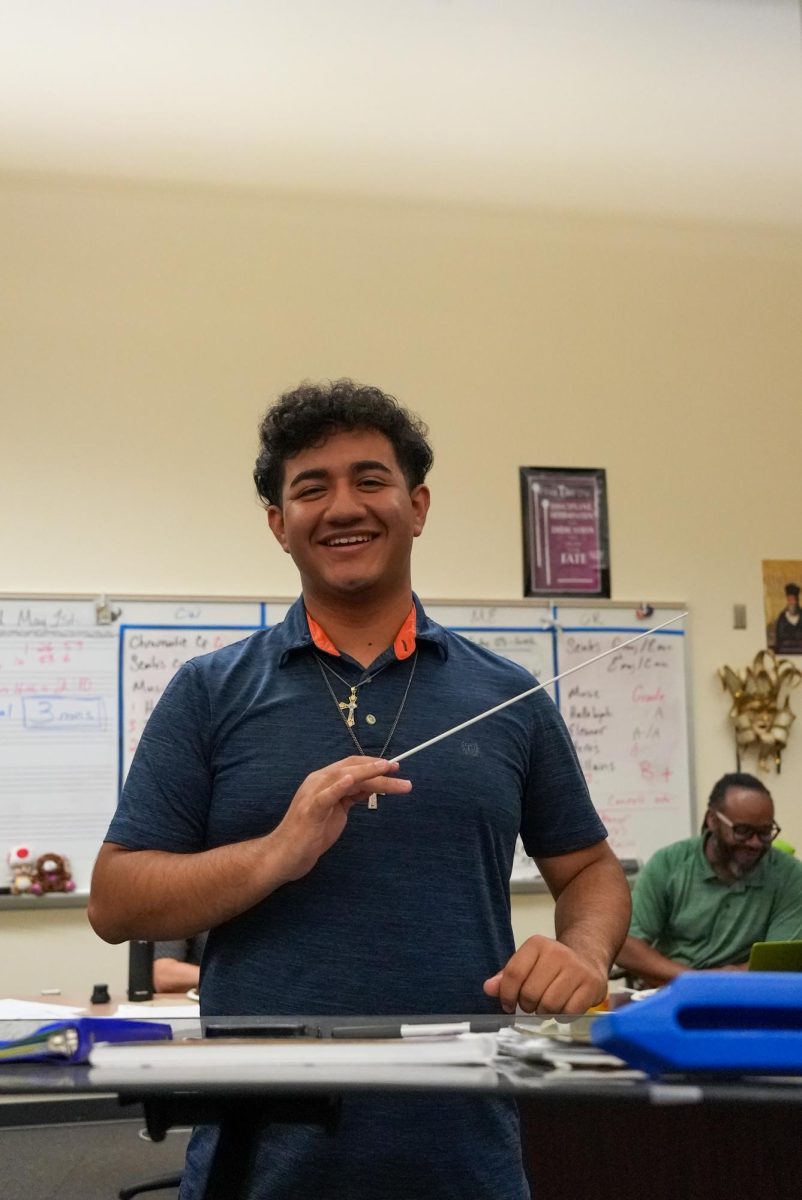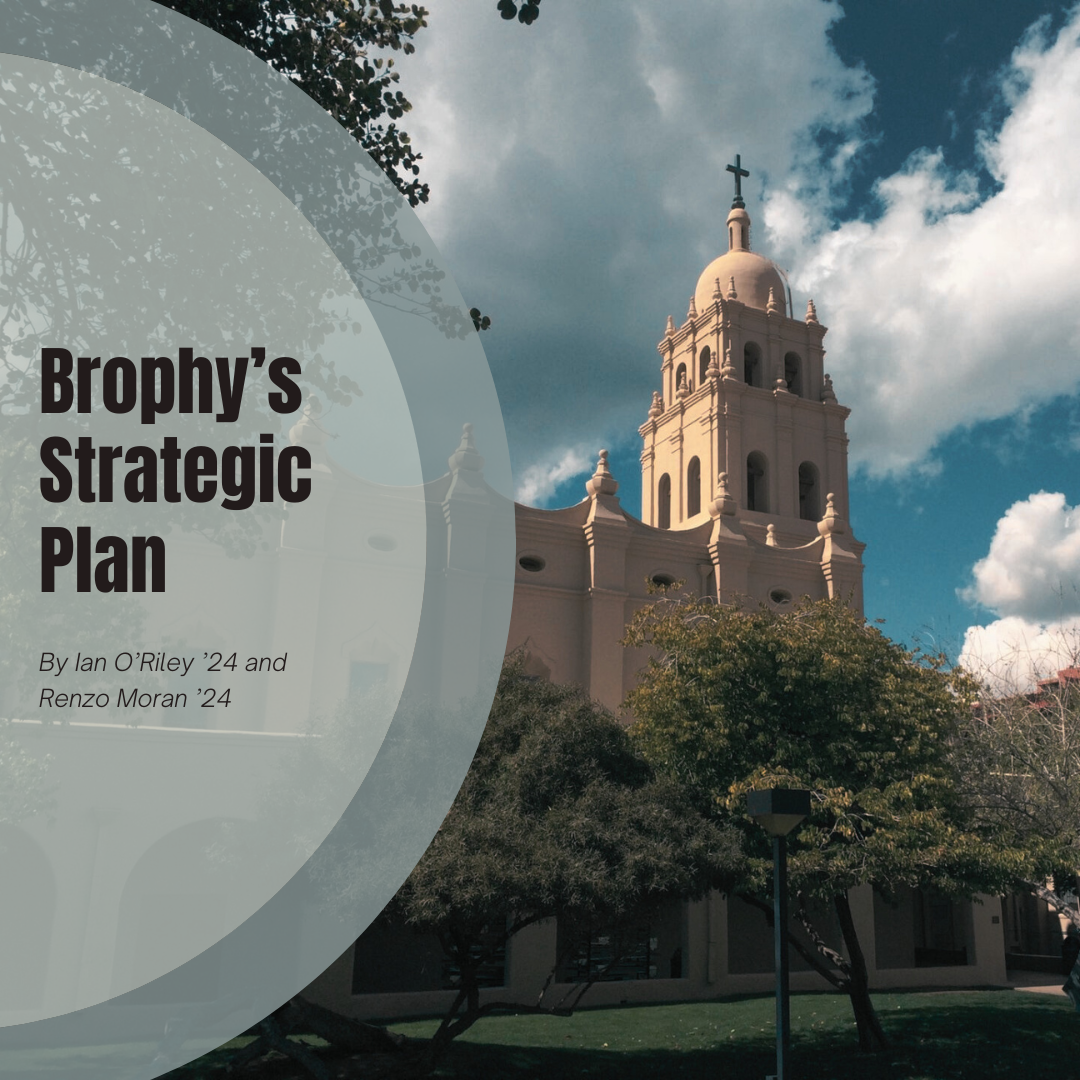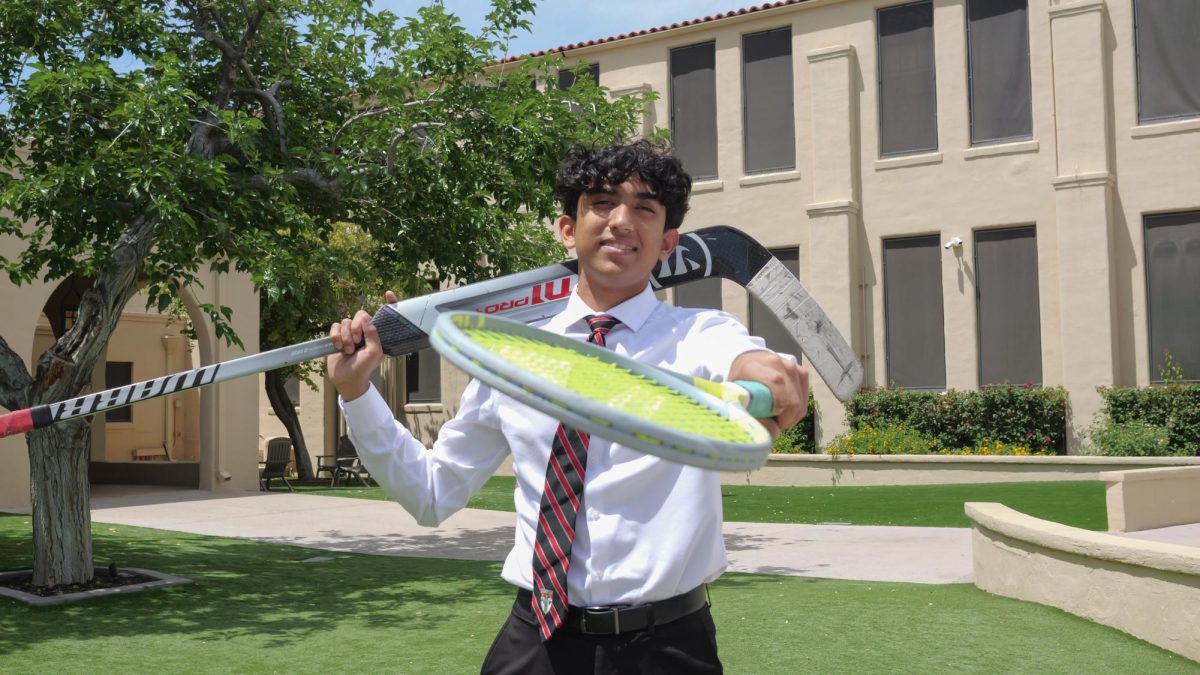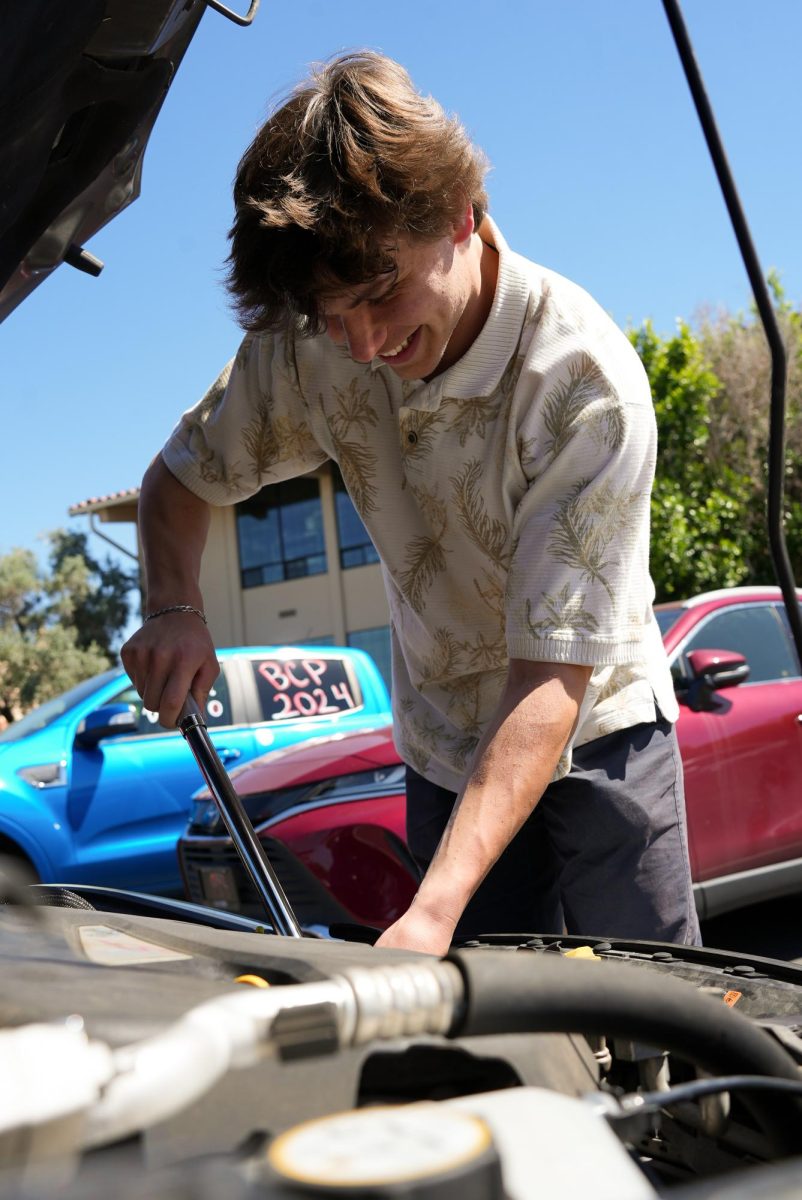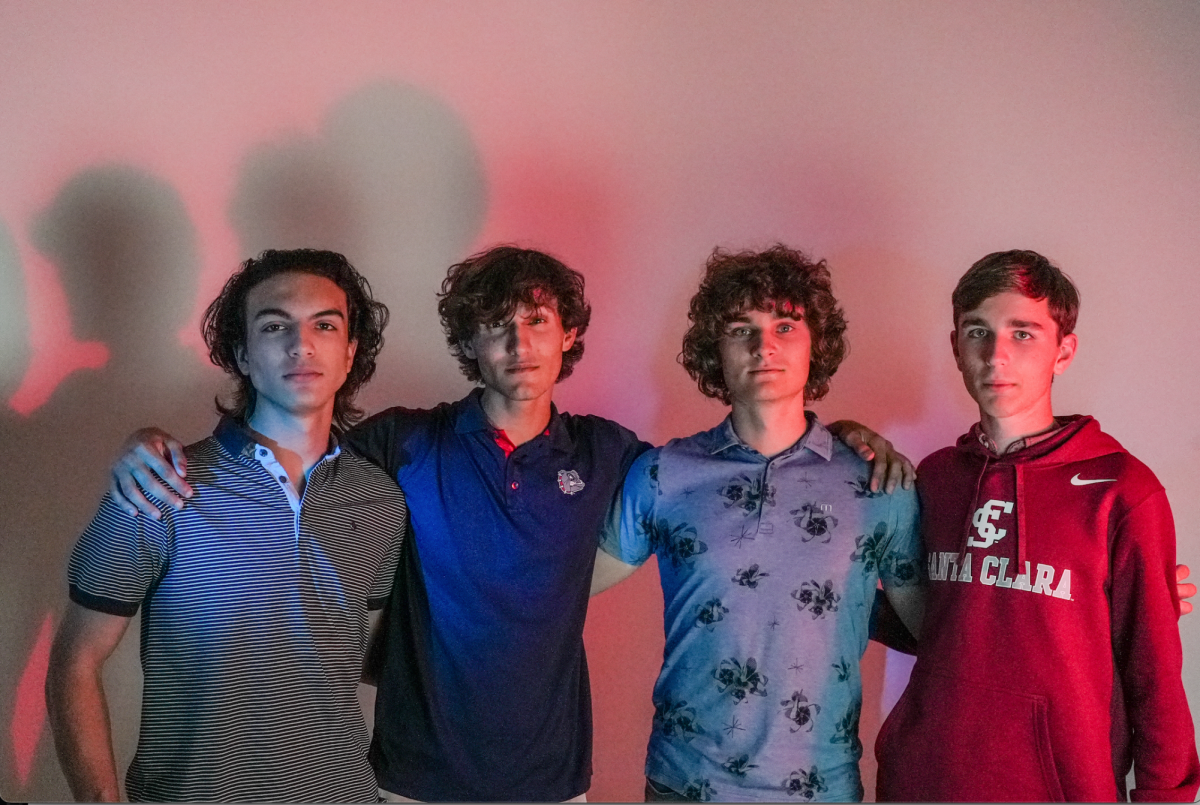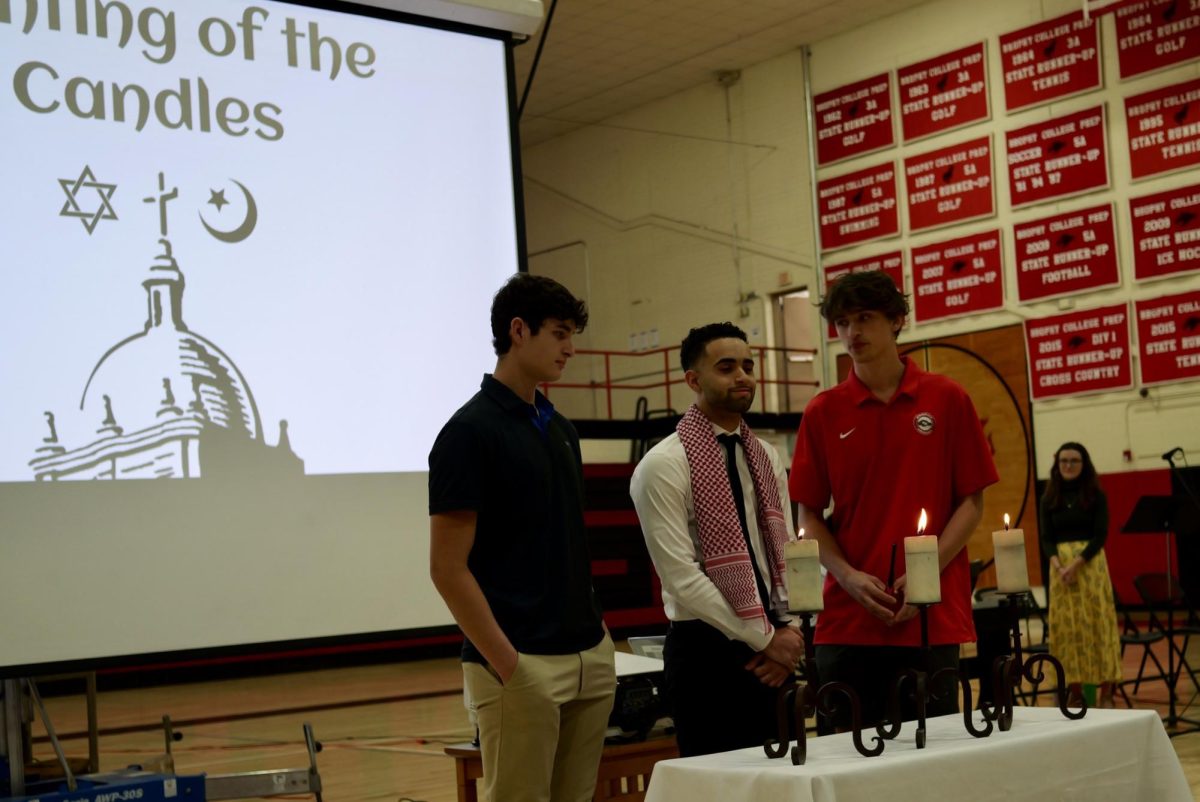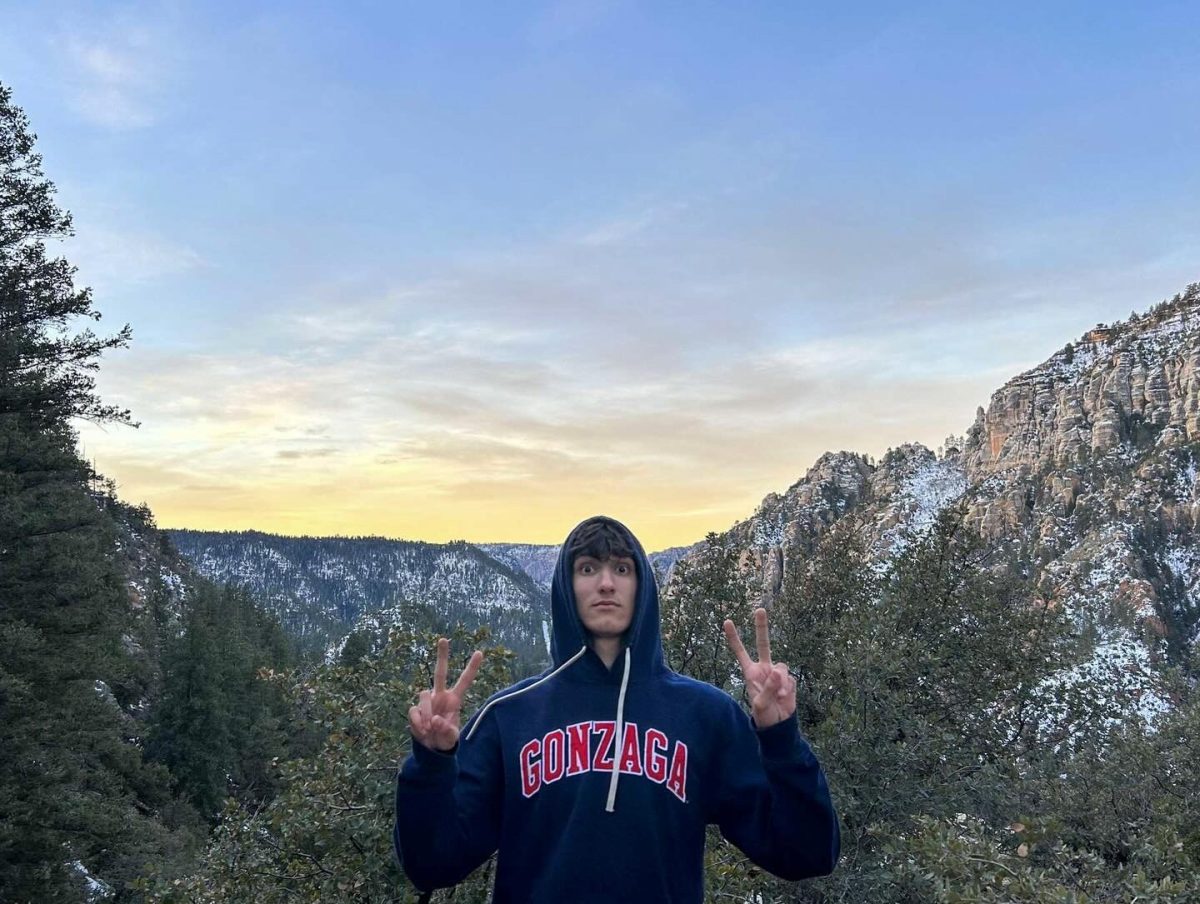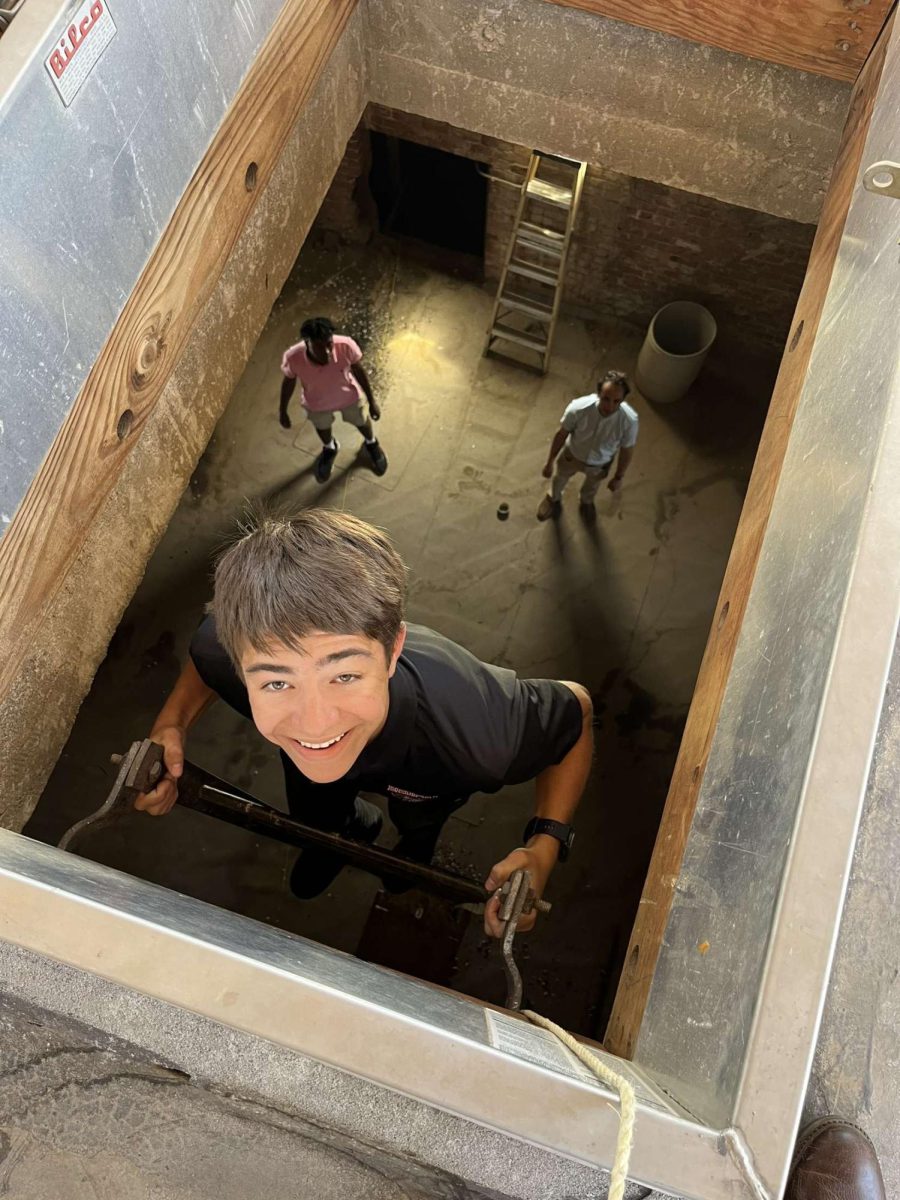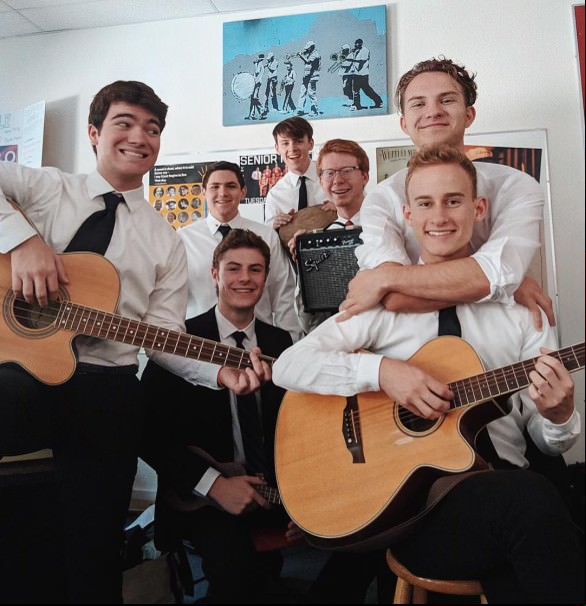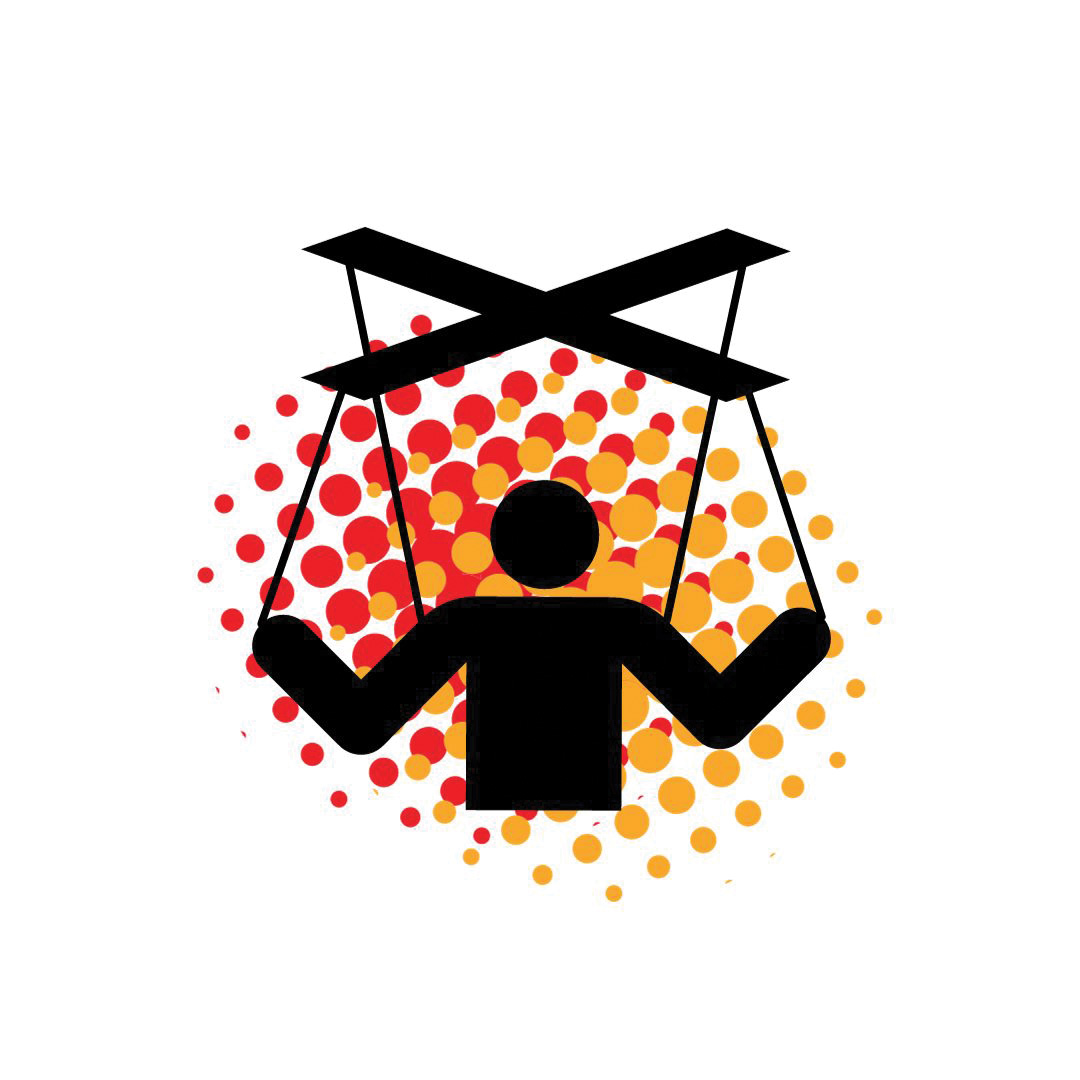By Henry Erlandson ’16 & Andrew Howard ’17
THE ROUNDUP
How often do we hear about new incidents involving a star athlete who has either been the victim or the perpetrator in an act of violence outside of their profession?
In the case of football players like Greg Hardy and Aldon Smith, UFC fighter Jon Jones or basketball player Ty Lawson, these are all players who have committed either major crimes or repeatedly offended yet are still playing in today’s leagues.
These athletes are people who many young players look up to as role models because of their work ethic and abilities but they do not display exemplary behavior once they have reached the highest level of competition.
“The violence in the NFL is in by far the worst state it’s ever been,” said Trey Davis ’17. “But the bright side of this is the fact that it is now in the spotlight may allow it to gain enough publicity to literally force the NFL to address the problem.”
Davis blamed NFL commissioner Roger Goodell for the violence problems in the league.
“He has done an atrocious job with taking on this issue and refused to let it get to the press to keep his own reputation safe,” Davis said. “The way that he has dealt with the issues of Greg Hardy, Daryl Washington and Ray Rice is possibly the worst management of major offenses by any commissioner of any sport.”
Mr. Quentin Orem is a Seahawks fan that said he believes players who have committed crimes like domestic abuse leave him in a tight spot as a fan, such as a Seahawks defensive lineman Frank Clark who was drafted last year with a record of domestic violence.
“It’s been really challenging for me as a fan to figure what to do when he sacks somebody; do I cheer, do I boo, do I do nothing, and how much does choosing Frank Clark reflect on the Seahawks organization?” Mr. Orem said. “Should I then rescind my support for the Seahawks because they chose this guy and everybody knew his past?”
Mr. Orem said that he thinks that most of the time players who are charged with crimes such as DUI or domestic abuse are treated with contempt by the fans, but the reason players such as Greg Hardy, who was charged with domestic abuse after severely hurting his girlfriend, remain on the field is because owners want money and want to win.
“Hardy has, for the most part, been absolutely demonized this season as he has rejoined the Cowboys and I think that is equally damaging because we create this idea that the problem with domestic violence is basically this one person and that none of us and none of our larger American culture has anything to do with creating and supporting people like this,” Mr. Orem said. “One is that we completely turn a blind eye or one is that we create a scapegoat and we say Greg Hardy is a problem when it’s not an entire culture that somehow condones in small ways violence against women.”
Davis and Mr. Orem both agreed it can be hard to support organizations that willingly let criminals on to their team because they feel their actions can directly affect those who are hurt.
“It’s hard for me to judge these people because I don’t know them but I think people are tone deaf sometimes and they don’t understand the impact of the decisions they make,” Mr. Orem said.


